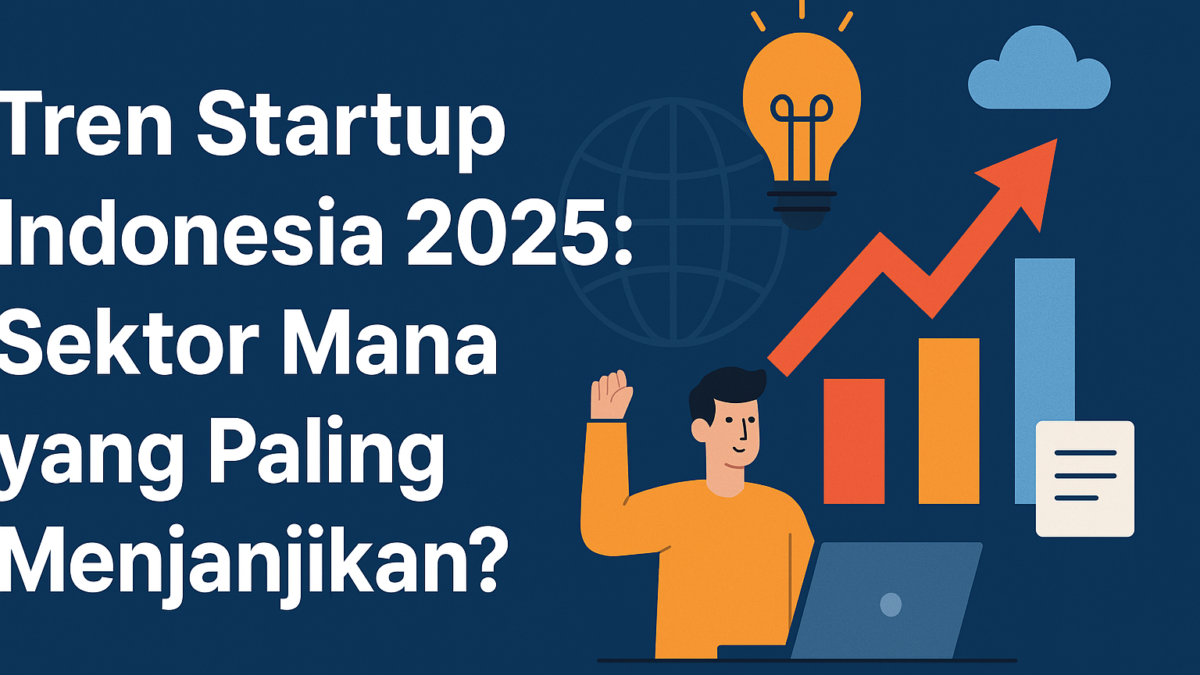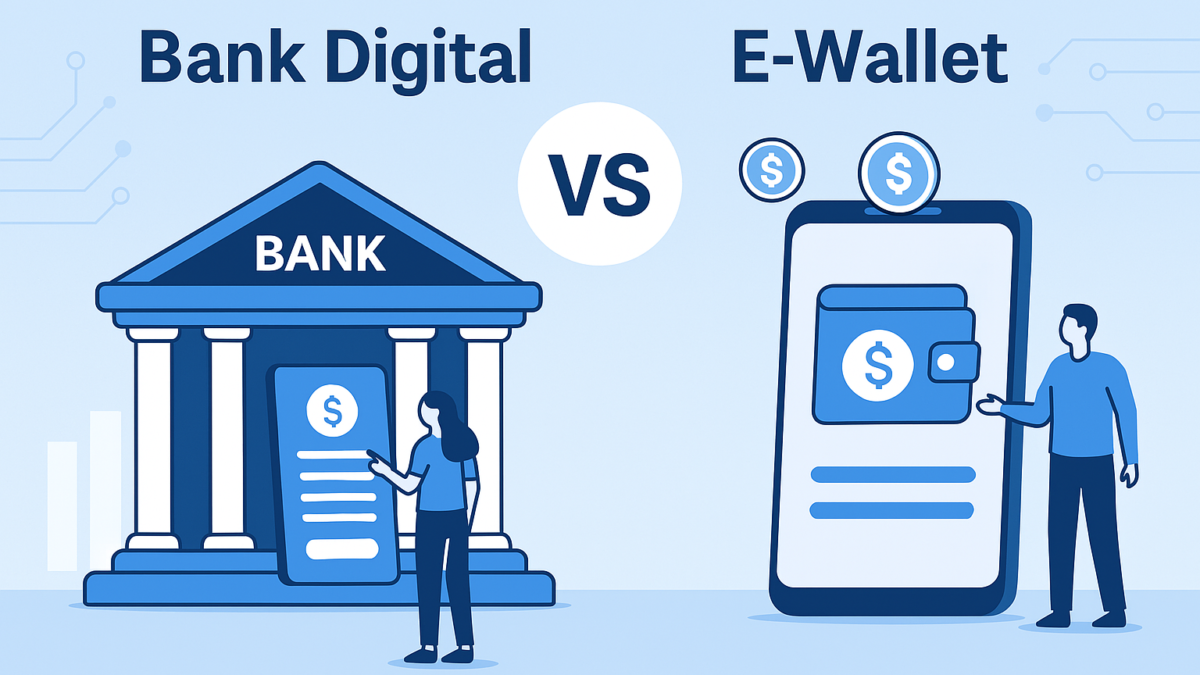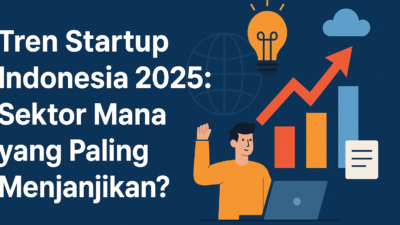
The fintech industry continues to disrupt traditional financial systems, offering innovative solutions that redefine how we save, spend, invest, and manage money. As we move into 2024, the pace of transformation shows no signs of slowing. From emerging technologies to evolving consumer behaviors, the trends shaping the fintech landscape are setting the stage for a smarter, more inclusive financial future.
In this article, we explore the top fintech trends to watch in 2024 and how they’re poised to impact businesses and consumers alike.
1. Embedded Finance: Financial Services Everywhere
Embedded finance integrates financial services into non-financial platforms, allowing consumers to access payments, loans, and insurance seamlessly within their daily apps.
Why It’s Trending:
- Companies like Shopify and Uber embed payment systems directly into their platforms, enhancing user convenience.
- Financial services are becoming a value-added feature rather than standalone products.
Impact:
- Increased accessibility for consumers.
- Enhanced monetization opportunities for non-financial businesses.
2. Decentralized Finance (DeFi): Redefining Financial Systems
Decentralized Finance leverages blockchain technology to create peer-to-peer financial ecosystems without intermediaries like banks or brokers.
Why It’s Trending:
- DeFi platforms offer decentralized lending, borrowing, and trading with lower fees and greater transparency.
- As blockchain adoption grows, more users are exploring decentralized alternatives.
Impact:
- Greater financial inclusivity and accessibility.
- Challenges for traditional financial institutions to remain competitive.
3. Artificial Intelligence and Machine Learning in Finance
AI and machine learning are enhancing everything from fraud detection to personalized financial advice. Their integration is driving smarter and more efficient financial operations.
Why It’s Trending:
- Advanced algorithms can analyze massive datasets for insights, enabling hyper-personalization.
- AI-driven chatbots and robo-advisors are transforming customer service and investment management.
Impact:
- Reduced operational costs for financial institutions.
- Improved decision-making for both consumers and businesses.
4. Sustainable Fintech: Green Finance Takes Center Stage
Sustainability is no longer optional; it’s a priority. Fintech companies are leading the charge by enabling green finance initiatives.
Why It’s Trending:
- Consumers and investors are demanding eco-friendly solutions.
- Platforms offering carbon offset programs and green investment portfolios are gaining traction.
Impact:
- Increased funding for renewable energy projects.
- Enhanced corporate social responsibility for businesses adopting green fintech solutions.
5. BNPL Evolution: Beyond Shopping
Buy Now, Pay Later (BNPL) services are evolving beyond retail, entering new markets such as healthcare, education, and travel.
Why It’s Trending:
- BNPL providers are diversifying their offerings to capture a broader audience.
- Partnerships with non-retail sectors are driving growth.
Impact:
- Greater flexibility for consumers in high-value sectors.
- Expanded market opportunities for BNPL providers.
6. Open Banking Matures
Open banking—the sharing of financial data via secure APIs—is moving from regulatory compliance to innovation-driven growth.
Why It’s Trending:
- Enhanced collaboration between banks and fintechs is delivering better customer experiences.
- New applications are emerging, such as real-time payments and financial wellness tools.
Impact:
- Increased transparency and competition in the financial sector.
- Empowered consumers with greater control over their financial data.
7. Super Apps: The All-in-One Financial Platform
Super apps combine multiple services—payments, lending, investments, and more—into a single platform, creating a one-stop financial ecosystem.
Why It’s Trending:
- Asian giants like WeChat and Grab are setting the standard for super apps, inspiring global counterparts.
- Consumers prefer consolidated platforms for convenience and efficiency.
Impact:
- Greater user retention for fintech providers.
- Simplified financial management for consumers.
8. RegTech: Simplifying Compliance
Regulatory Technology (RegTech) helps financial institutions streamline compliance processes using automation and analytics.
Why It’s Trending:
- Rising regulatory complexity is driving demand for efficient compliance solutions.
- AI and machine learning are enabling real-time monitoring and reporting.
Impact:
- Reduced compliance costs for businesses.
- Improved risk management and fraud detection.
9. Cross-Border Payment Innovations
As global commerce grows, fintech companies are revolutionizing cross-border payments with faster, cheaper, and more transparent solutions.
Why It’s Trending:
- Blockchain and stablecoins are enabling real-time international transfers.
- Traditional methods like SWIFT are facing competition from fintech disruptors.
Impact:
- Lower costs for businesses and consumers.
- Enhanced global trade and economic connectivity.
10. Financial Inclusion Through Fintech
Fintech continues to drive financial inclusion by delivering accessible solutions to unbanked and underbanked populations.
Why It’s Trending:
- Mobile-based platforms are reaching remote areas with limited banking infrastructure.
- Alternative credit scoring models are broadening access to loans.
Impact:
- Economic empowerment for underserved populations.
- New markets for fintech providers in emerging economies.
Conclusion
The fintech industry is at the forefront of innovation, reshaping the financial ecosystem with transformative trends. From embedded finance and DeFi to AI and sustainability, these developments are driving greater efficiency, inclusivity, and personalization in financial services. As businesses and consumers embrace these changes, the opportunities for growth and impact are immense.
For mid to high-end users, staying informed about these trends is essential to leverage the benefits of cutting-edge fintech solutions while navigating the evolving financial landscape. As we move into 2024 and beyond, fintech’s role in shaping a smarter and more inclusive future is only set to grow.















